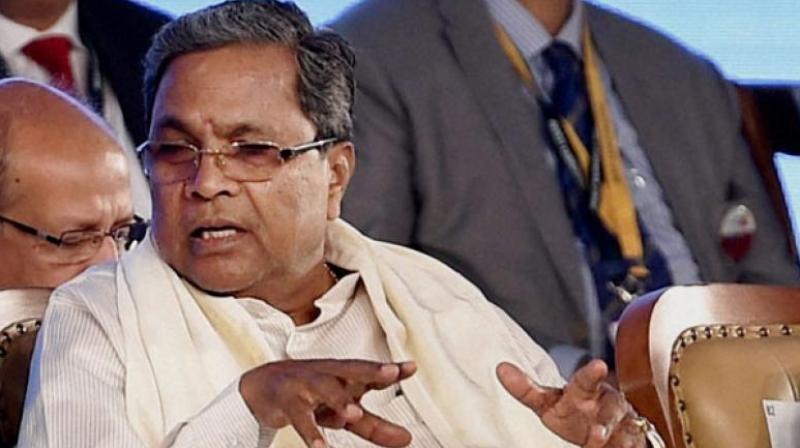Karnataka govt working on new university bill to curb corruption
The new bill will ensure full liberty to the universities in appointment of staff and other related issues.

New Delhi: Concerned over corruption instate universities, the Karnataka government on Tuesday said it was working on a new bill that seeks to bring transparency in the functioning of 23 varsities and ensures quality education.
At present, there are 23 universities in the state and each one is governed by a separate law.
"We are almost in the process of finalising the Comprehensive Karnataka University Bill 2016. We will soon move a cabinet note on this," the state Higher Education Minister Basavaraj Rayareddi told reporters.
The bill seeks to replace the existing laws framed by each university and aims to curb corruption and bring transparency in the functioning of the universities across the state, he said.
"This would be a uniform and comprehensive bill. It seeks to bring transparency in appointment of vice chancellors, suspension of vice chancellors, recruitments and construction related activities among others," the Minister explained.
He said the new bill will ensure full liberty to the universities in appointment of staff and other related issues but the state government will have powers to control it to check corruption.
Rayareddi was here to attend the 64th meeting of the Central Advisory Board of Education on 'New National Policy on Education'.
In the meeting, the Minister insisted that the central government should provide 25 per cent reservation for state students in the newly set up IIT Dharwad.
"This demand was turned down by the HRD Minister. But I have raised this issue in the meeting today. I have told only seven students out of 120 were selected from Karnataka. We have given Rs 500 crore worth of land for the IIT and we should be given more quota for our state," he said.
Among recommendations made to the proposed national education policy, the Karnataka government has suggested that the vice chancellor (VC) should focus on academic leadership and be held accountable for outcomes, while the administrative tasks such as construction of buildings and other infrastructure should be hived off to a separate body.
The state has suggested that the process of appointment of VCs should be rationalised, besides a re-think about the present governing structure of the university and phasing out of single-discipline universities, among others.
The state has also recommended that the universities should be encouraged to accredit themselves on a regular basis by globally rated agencies, ensure grant-in-aid funding is linked to performance, mandatory pre-service training for teachers in higher education and review/revamp of recruitment and service conditions of faculty.

